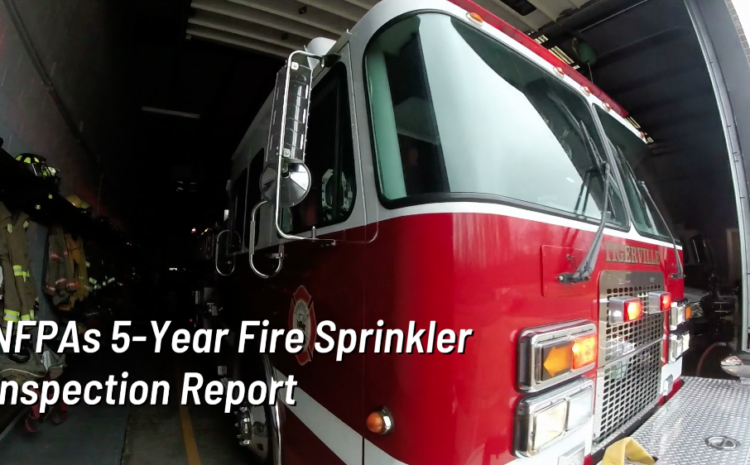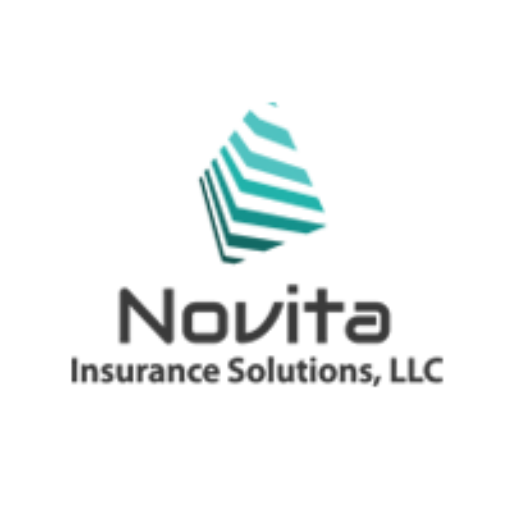
LRO Property Insurance Black Swans and Unicorns

A week ago the US celebrated a delayed 2020 “Small Business Week” – and we’re happy to see that as the clock winds down on this year and the undeniable, painful “black swan” event impact on many businesses, bright spots can be found. For retail insurance brokers and their commercial property owners and lessors, commercial LRO property insurance is key to protecting their real estate investment, creating a safe environment for the millions of current – and future – small business owners populating communities across the country.
A recent survey from SCORE, the nation’s largest network of volunteer expert business mentors, and a resource partner of the US Small Business Administration, revealed the Covid impact on startups had less than half (43.9%) adopting a “wait and see” attitude about starting or continuing their business. Nearly one in five (18.4%) are actually scaling up their plans, and only 2.6% abandoned their business.
Let’s look at a few overall facts on the 2020 small business front as we celebrate their enormous impact on the economy – and illustrate through sheer numbers the need for Commercial LRO property insurance:
In the US, there are 30.2 million small businesses; millions are housed in a building protected by commercial LRO property insurance
For those of you wondering what percentage of the economy are small businesses; as of 2018 (most recent tabulated data), 99.9% of US businesses are small businesses. Currently, small businesses employ more than 47.5% of the private workforce in the US and accounted for 1.9 million new jobs in 2017. Identified as an economic engine, small businesses remain an integral part of the state’s economic landscape.
Minorities own 45% of all US small businesses.
The State of a Small Business survey from Guidant Financial discovered a dramatic increase in the number of small businesses owned by minority ethnic groups. For comparison, in 2015 only 15% of all business owners were part of a minority ethnic group. Small business growth statistics show that the number of African American owners jumped dramatically by more than 400% in the period between 2017 and 2018.
Veterans own 9.3% of U.S. firms.
The latest reports show that veterans own 2.52 million businesses. Of them, 42,485 firms employed more than 5 million people in 2018, while 2.08 million are self-employed businesses. California, Texas, and Florida are the states with most veteran-owned companies. Among the thousands of standouts – Black Rifle Coffee, Rhumbix, and HirePurpose. Semper Fi.
12.3 million is the number of women-owned businesses in the US.
Women are harnessing their entrepreneurial spirit more than ever. As a result, the number of women-owned businesses has increased 31 times from 1972 to 2018. In 1972, only 4.6% of all firms (402,000) were owned by women. Today, this number is 12.3 million, 40% of all firms. These businesses employ 8% of the private sector labor force, contributing 4.3% of total revenues, or $1.8 trillion annually.In case you’re crunching the numbers, last year (2019) women started 1,821 net new businesses every day.64% pf all those businesses were started by women of color.
Women of color own 47% of all women-owned businesses.
Based on small business owner statistics, firms owned by women of color grew by 163% in the last decade. According to an American Express report, the main reason for this surge was the prolonged recession-recovery period, which enticed women of color to turn to entrepreneurship to earn enough money to live on. As of 2018, women of color make for 47% of women-owned businesses, generate more than $386 billion in revenues, and employ 2,230,600 people. A shout out to go-getter Khloe Hines, founder of pandemic startup Hungry Bunny Virtual Donut Shop – featuring 100% cruelty-free vegan cake donuts delivered from her kitchens in the midwest to any doorstep in the US. Yum!
Immigrants make up 25% of small business owners.
Immigrant entrepreneurs form a quarter of small businesses in the US. California, New York, and New Jersey have the largest concentration of immigrants who pursue the American dream. Researchers have noted that immigrant-owned businesses generate fewer jobs that are also low-paying.
Immigrants have founded 55% of the “unicorn” startups in the US.
Fifty of 91 startups valued over $1 billion (a “unicorn”) had at least one immigrant founder. Many of these companies have substantially increased the number of employees over the past two years. The leader among the immigrant-founded unicorn startups is Uber with 9,382 employees in the US and 3 million active drivers. Other examples include “Rocket Man” Elon Musk of SpaceX (and a handful of other very successful companies) with 7,000 employees, WeWork with 6,000, and Mu Sigma with 3,500 employees.
Black Swan, Unicorn, or both, Commercial LRO Property insurance helps small businesses grow, succeed
As the marketplace continues to respond and rise to 2020’s “black swan” challenges and opportunities – all of us at Novita Insurance Solutions are ready to assist with Commercial LRO property insurance renewals, and new policies to help you move your clients, and their current and future tenants, forward. Contact us today. We know there’s likely a unicorn or two in the shadow of the black swan waiting to come forward; together we’re making it possible.
Statistics gathered from Forbes magazine, American Express, Fundera, and the US Chamber of Commerce.



